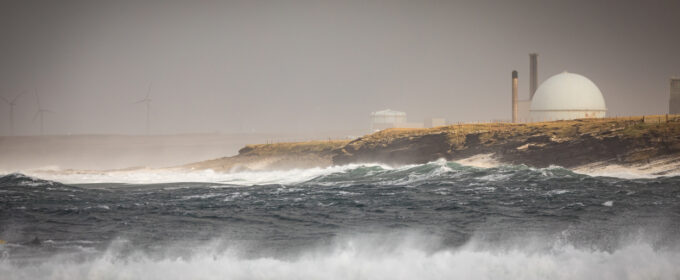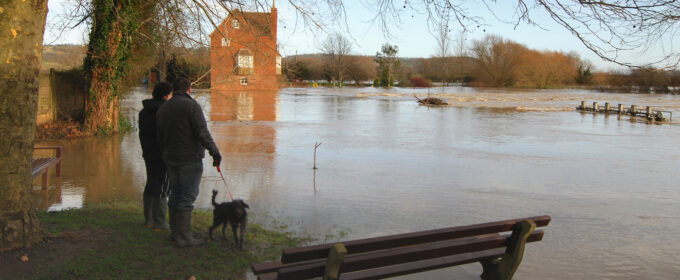We are all familiar with the problem of plastic waste – which has a devastating effect on marine life and oceans. Plastic recycling seems complex and difficult and we are right to be concerned about the impacts waste plastic is having on our ecosystems. The One Bin to Rule Them All (One Bin) project team […]









